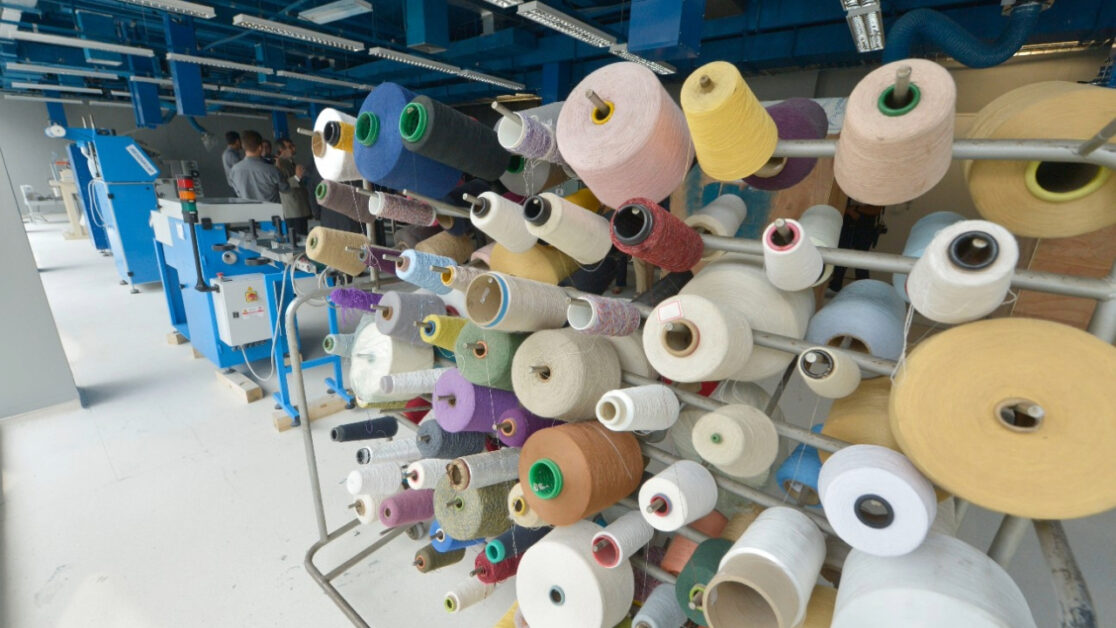Global concern for our environment has seen a drastic shift in many industries including fashion.
Sustainable fashion, also known as eco fashion, has taken center stage in the fashion industry as it focuses on minimizing the negative environmental impact caused by the production and consumption process. It examines the full cycle of fashion, from design, production, to purchase, wear and eventual disposal. This revolutionary approach is becoming an increasingly important cornerstone in building a healthier planet for future generations.
The Role of Sustainability in the Clothing Industry
The clothing industry has a significant environmental footprint, predominantly from high energy consumption, carbon emissions, and water pollution. Sustainable fashion advocates for a shift away from the damaging norm of “fast fashion”, towards more ethical and environmentally friendly designs, processes, materials, and business models. Many leading fashion brands have taken initiatives by introducing eco-friendly collections and committing to sustainability goals.
The Evolution of Sustainable Clothing Brands
Many brands have sprung up that focus solely on sustainable fashion, causing a disruption in the traditional industry. These brands produce clothing using ethically sourced materials and sustainable manufacturing processes. They also advocate for fair trade practices and worker rights. Some popular sustainable brands include Patagonia, Thought, and People Tree.
Trends and Innovations in Sustainable Fashion
The fashion industry has more than just eco-friendly materials and ethical production methods up its sleeve. Innovations such as clothes recycling and fabric upcycling have kept sustainability fresh and trendy. Sustainable fashion events and conferences play a significant role in creating discussions, fostering innovation, and promoting awareness.
Creating a Sustainable Wardrobe
A sizable part of the sustainable fashion movement is consumer awareness. How to shop sustainably is an integral part of achieving a greener future. This includes considering the materials, production processes, and the life cycle of the clothes we buy. It’s encouraging to see fashion influencers across social media platforms promoting sustainable and ethical clothing choices, proving that responsible fashion is as stylish as it is ethical.
Conclusion
Sustainable fashion is making a marked impact in the clothing industry. If we all take small steps and make conscious choices, we can collectively transform the fashion industry into a pillar for environmental sustainability. Remember, each purchase has a ripple effect. Let’s strive to make it a positive one.
